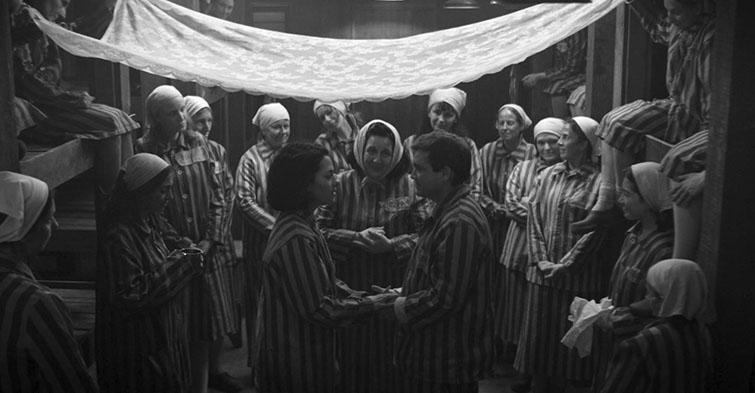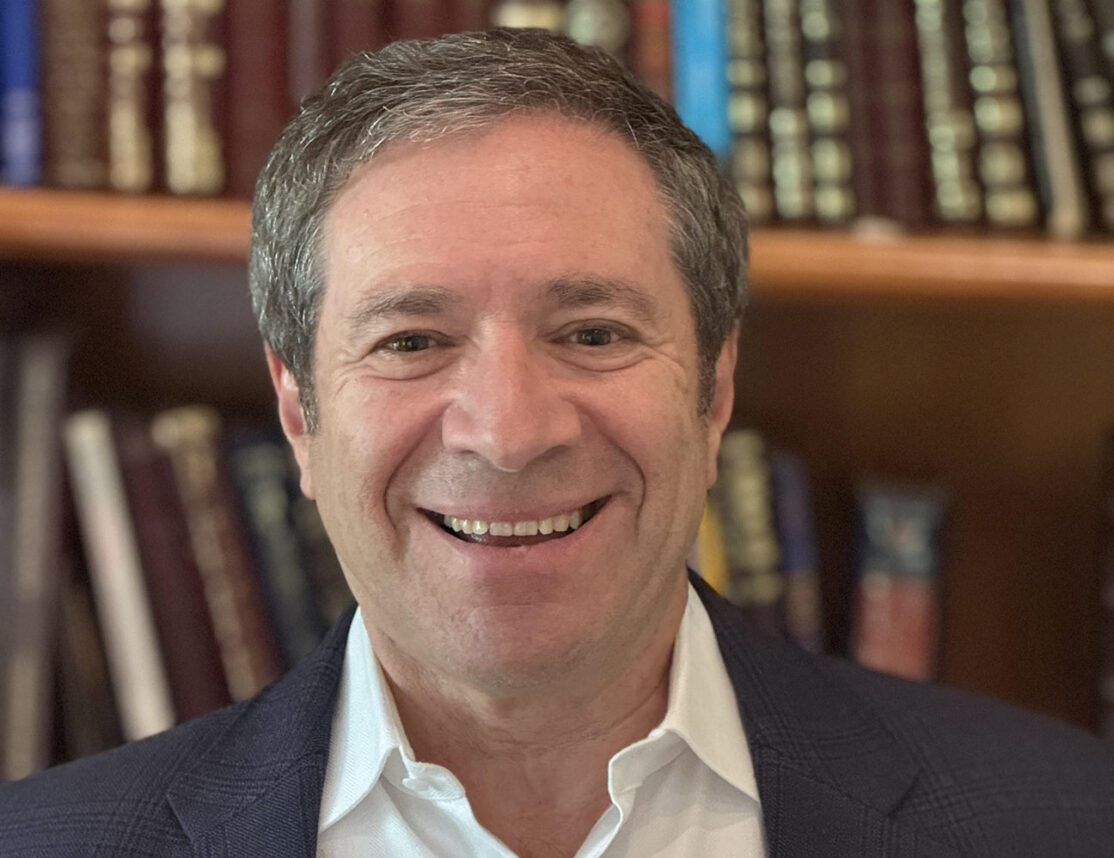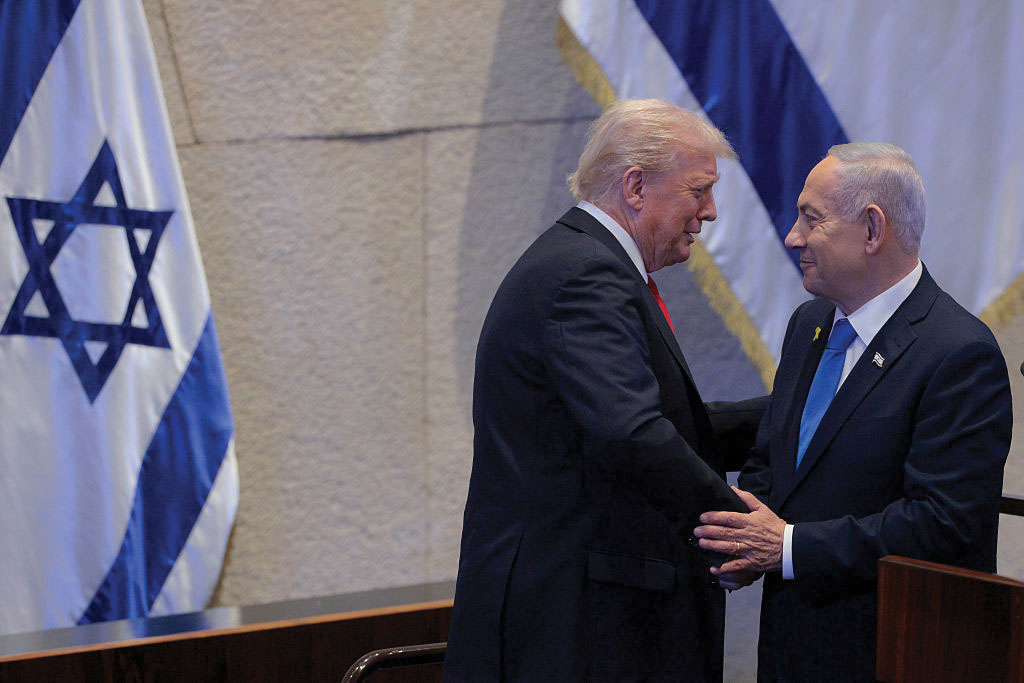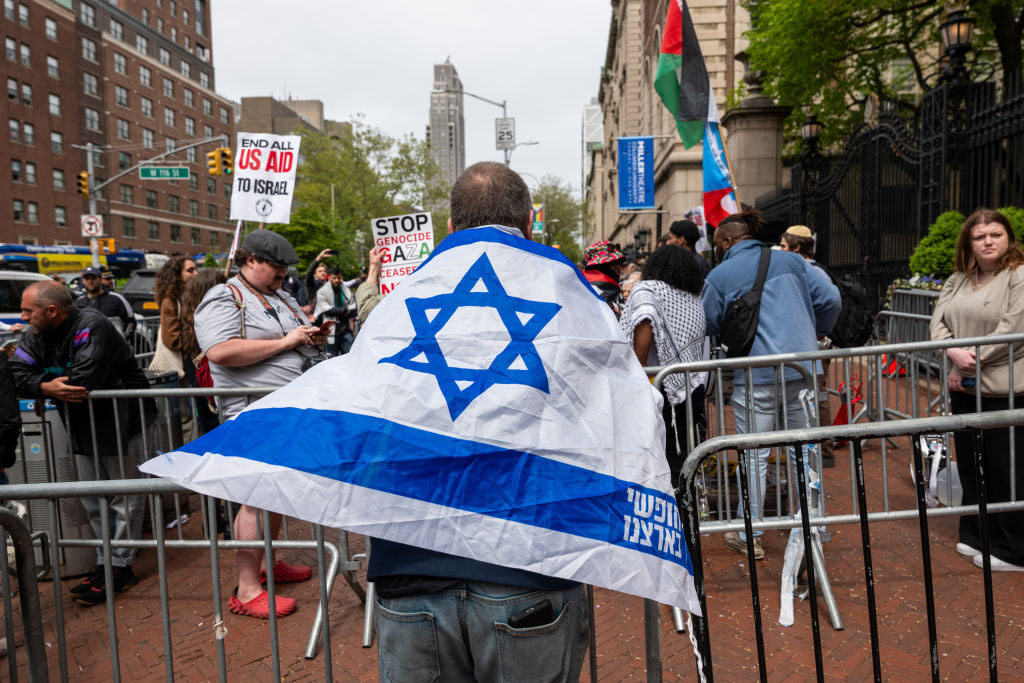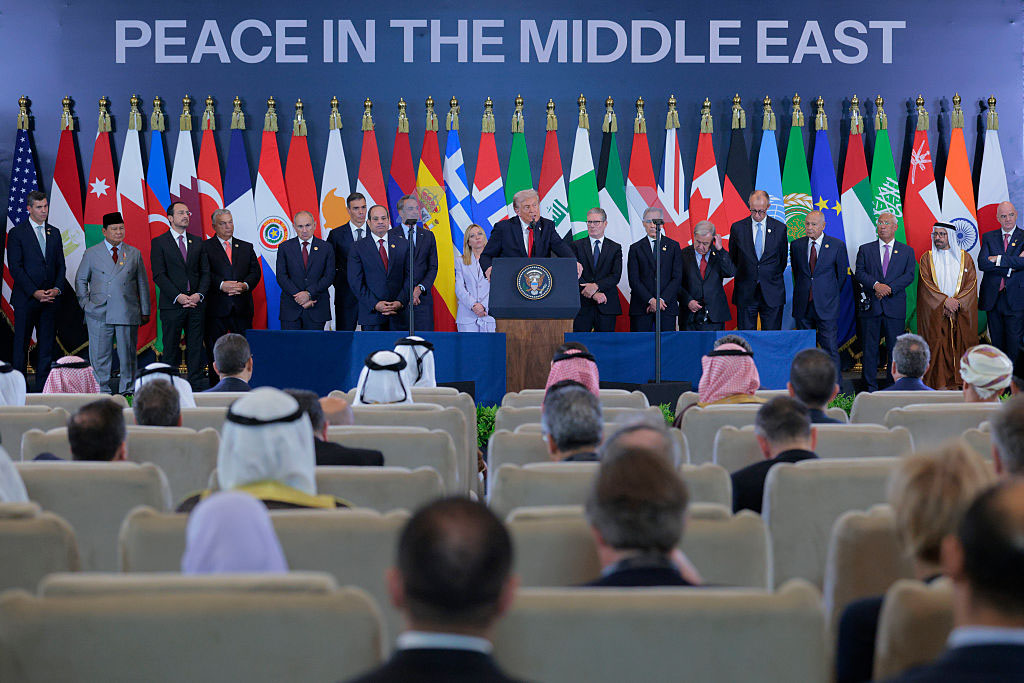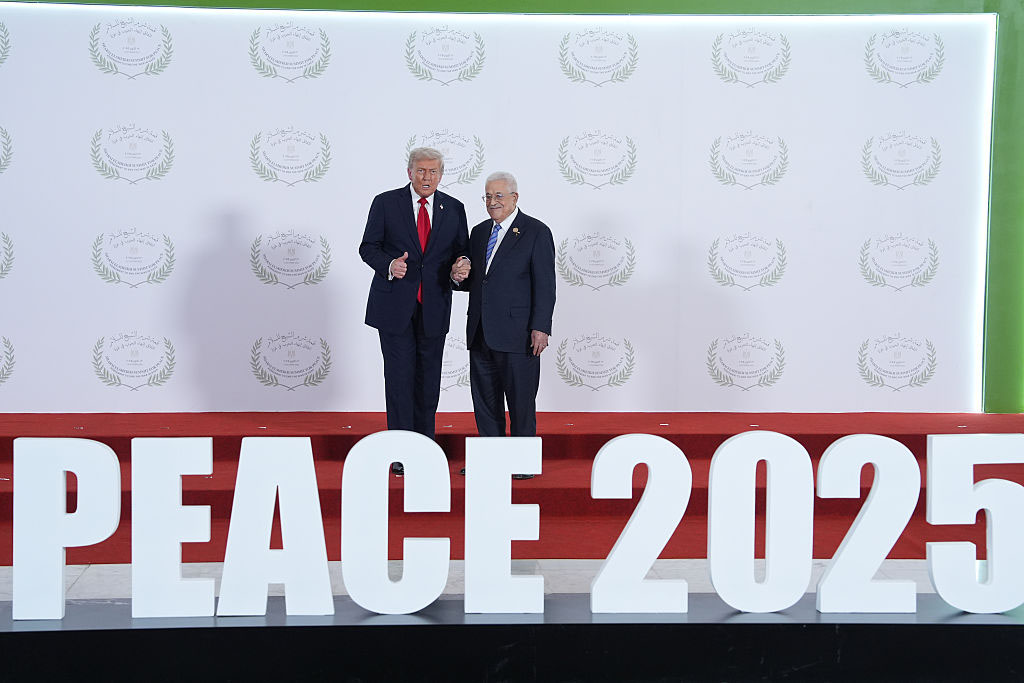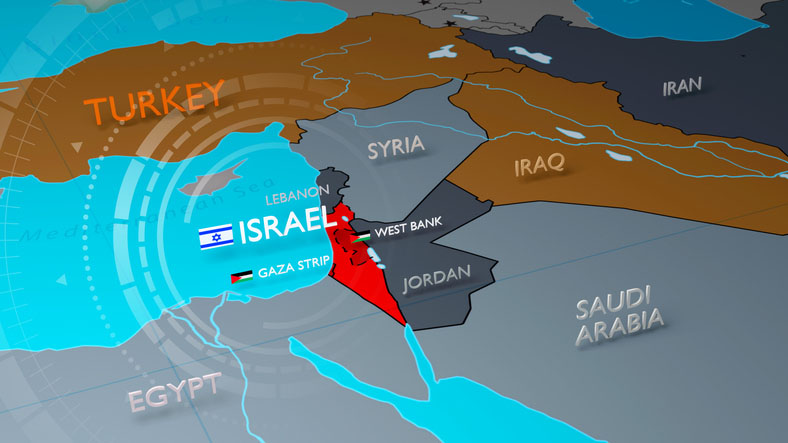
Whether you like President Donald Trump’s “Deal of the Century” or not, there are two things most of us can agree on:
First, it’s hard to think of a bigger disaster in international diplomacy than the Israeli-Palestinian “peace process.” This is the Picasso of diplomatic failures. More energy has been expended on this conflict than any other — more declarations, meetings, media coverage, white papers, op-eds, U.N. sessions, books, presidential statements, five-star dinners, etc.
It doesn’t matter who you blame for the failure or whether you’re left or right. This is the reality: The peace process has gone from the meeting room to the emergency room to the funeral home. Even President Barack Obama’s herculean, eight-year effort to simply get the parties to the negotiating table went for naught.
There’s something else we can agree on: While Palestinian leaders kept saying no to peace offers, their price kept going up.
Consider the benchmark Israeli position, expressed by the late Israeli Prime Minister Yitzhak Rabin in his last speech at the Knesset on Oct. 5, 1995, a month before he was assassinated. When Rabin spoke about a Palestinian entity, he didn’t go as far as an actual state: “We would like this to be an entity which is less than a state,” he said, “and which will independently run the lives of the Palestinians under its authority.”
It doesn’t matter who you blame for the failure or whether you’re left or right. This is the reality: The peace process has gone from the meeting room to the emergency room to the funeral home.
Rabin also spoke in favor of retaining settlements and against returning to the 1967 lines, never mentioning “land swaps.”
Regarding Israel’s security, he was equally firm: “The security border of the State of Israel will be located in the Jordan Valley, in the broadest meaning of that term.”
And on the ever-sensitive issue of Jerusalem, Rabin declared: “First and foremost a united Jerusalem … as the capital of Israel, under Israeli sovereignty.”
In fairness, Rabin was trying to put the best possible spin on the peace process to get Knesset ratification to one of its interim steps. He needed to show that moving forward was in Israel’s best interest and that he was committed to minimizing the security risks.
When I look back today at Rabin’s speech, I don’t know whether to laugh or cry.
I think of how far Israel moved from Rabin’s initial position and how, at every turn, Palestinian leaders kept saying no and Israel kept offering more.
By the time Prime Minister Ehud Olmert made the last offer on record in 2008, he had pretty much given away the store.
Since the beginning of the peace process 27 years ago, the Palestinians have learned that saying no means they’ll get a better offer the next time.
Don’t take my word for it. Chief Palestinian negotiator Saeb Erekat, who was present at the negotiations between Olmert and Palestinian Authority President Mahmoud Abbas in 2008, recently told PA TV how generous Olmert’s offer was on all final status issues. According to Palestinian Media Watch, Erekat said, “Olmert accepted all of the PA’s publicly expressed demands and even offered Abbas [through land swaps] more than the full area of the West Bank and Gaza.”
Abbas, of course, still said no. And why shouldn’t he? Since the beginning of the peace process 27 years ago, the Palestinians have learned that saying no means they’ll get a better offer the next time. I guess it never occurred to our eager diplomatic geniuses that their approach encouraged obstinacy rather than compromise.
Is it a coincidence that while the Palestinians kept saying no, the peace process died a slow death?
You can be a sharp critic of Israeli peace policies and still recognize that it was wrong to reward Palestinian rejectionism, and that, since Rabin’s speech in 1995, Israel has compromised a lot more than the Palestinians.
Tragically, the long history of Palestinian hostility to peace has emboldened extremist forces in Israel and helps explain why so many Israelis have grown skeptical that a peace partner will ever be found.
Israel has made its share of mistakes, but those mistakes would have mattered little had the Palestinians called Israel’s bluff and made a serious counteroffer. Instead, they nourished the right-wing narrative that their real goal is not peaceful coexistence but the elimination of the Jewish state. Paying the salaries of terrorists and continuing the teaching of Jew-hatred has only reinforced this view.
You can hate President Trump, believe his new plan is too biased toward Israel and accuse him of cynically launching it now to distract from his domestic troubles. But at least, for the very first time, someone has had the guts to tell the Palestinians there is a price to pay for saying no.
That price is the Rabin peace plan.










